
Graham Farish N Class 08 08417 Network Rail Yellow
$449.99
Description
Announced as part of our Spring 2022 British Railway Announcements, we are delighted to unveil the Graham Farish BR Class 08 Diesel Shunter with its new, DCC-compatible chassis, and this example is finished as No. 08417 in Network Rail Yellow livery.
For the first time, N scale modellers running DCC can quickly and easily add the iconic Class 08 diesel shunter to their fleet with this new Graham Farish model. The highly detailed body is constructed from numerous separate components, including handrails, lamps, lamp brackets and whistle, whilst the chassis features the distinctive outside frames that are synonymous with the 08s along with metal sand pipes and separate brake rigging. As you would expect, the livery application is second to none and is achieved using authentic colours, logos and fonts. Suitable for use on DCC or analogue control straight out of the box, this SOUND FITTED model will take your enjoyment to the next level with its authentic sound effects which only enhance the model’s good looks!
MODEL FEATURES:
- Graham Farish N Scale
- Era 9
- Pristine Network Rail Yellow livery
- Running No. 08417
- NEM Coupling Pockets
- Powerful Coreless Motor
- Speaker Fitted
- SOUND FITTED - Fitted with a Zimo MX659N18 Sound Decoder – See below for the function list
- Length 60mm
SOUNDS
F1 - Engine Start-up / Shut-down
F2 - Brake
F3 - Single Horn (Speed Related)
F4 - Double Horn
F5 - Cold Start / Light Load
F6 - Engine Idle / Coasting
F7 - Speed Lock
F8 - Exhauster (Vacuum Train Brakes)
F9 - Flange Squeal (Speed Related)
F10 - Guard’s Whistle
F11 - Buffer Clash
F12 - Coupling
F13 - Compressor
F14 - Sanders
F15 - Handbrake
F16 – Fuel Transfer Pump
F17 - Wagon Snatching & Buffering
F18 - On - Cab Door Open / Off - Cab Door Closed
F19 - Fade All Sounds
F20 - 'Draw Up’
F21 - ‘Squeeze Up’
F22 - 'I’m Going Under’
F23 - Window Wipers
F24 - Station Ambience
F25 - Spirax Valves
F26 - Shunting Mode
F27 - Volume Down
F28 - Volume Up
Analogue Users: Directional lights and basic Prime Mover (engine) sounds, which vary with speed, plus any other automated sounds, can be enjoyed when using this model on analogue control (DC) straight from the box!
CLASS 08 HISTORY
The first diesel shunters were pioneered by the LMS which began trialling designs during the 1930s. It soon became apparent that this form of traction offered many advantages over the steam locomotive – the former being ‘ready to use’ as and when required, whereas steam locos had to be kept at the ready even when not required immediately – with the obvious staffing and fuel costs associated with doing so. By the time of Nationalisation in 1948, the LMS had built various shunters and the 12033 series was adopted by BR as the basis for a new standard design of diesel-electric shunting locomotive. As a stop gap whilst the Class 08 was being developed, BR constructed further 12033 series locomotives and these would later be designated as Class 11s.
Production of the 08s began in 1952 with the first example, No. 13000, entering traffic in 1953. Construction continued until 1962 and during the ten year period, 996 locomotives were built making the Class 08 the most numerous of all British locomotive classes. In addition, construction of the near-identical Class 09s (26 examples) and Class 10s (171) took the total well above a thousand – the former differed in having higher gearing whilst the latter had different engines and transmission.
Built ‘in-house’ at BR’s Crewe, Darlington, Derby, Doncaster and Horwich Works, the 08s were allocated across the BR regions, with many being based at major stations and terminals where stock was marshalled and positioned ready for service, where trains were divided or merged, and of course at many freight facilities. Although they had a top speed of just 15 mph, what the 08s lacked in speed they more than made up for with tractive effort which was more than double that of the 03s and 04s.
Although the first example was withdrawn in 1967, just four had gone prior to the introduction of TOPS and despite an ever-decreasing need for shunting locomotives, around a quarter of the Class remained in traffic at the start of the 21st century. Upon Privatisation of British Rail in 1994, EWS inherited many of the survivors, with others going to passenger operators for use as depot shunters. More than a decade later EWS was still operating over 40 of the shunters, with many more in store. Even today, Class 08s can still be found earning their keep at numerous depots, freight facilities and railway workshops. Meanwhile, ever since the first withdrawals Class 08s have been popular machines with heritage railways and today, more than 70 have found a new lease of life in preservation – often carrying out similar tasks to those for which they were designed some seven decades ago.
Specifications
| Brand | Graham Farish |






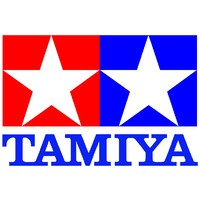



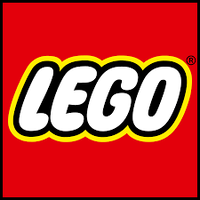
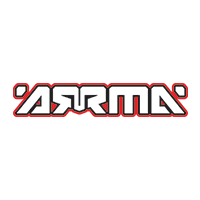
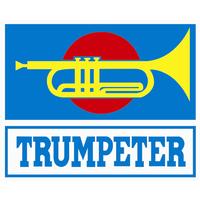
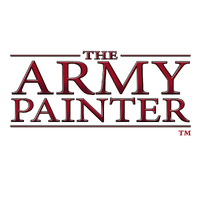
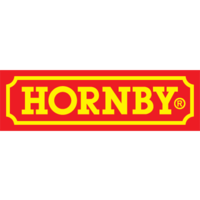
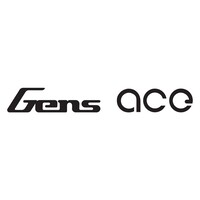
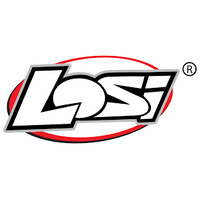
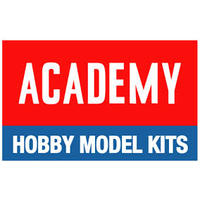
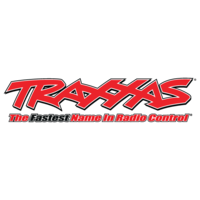
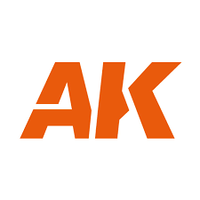

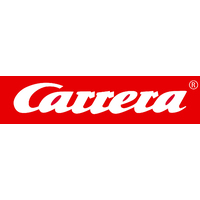

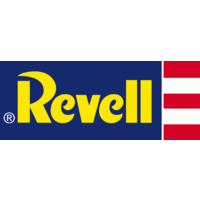
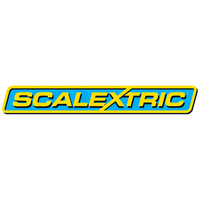

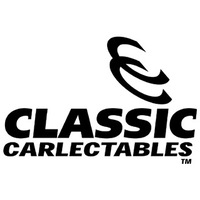
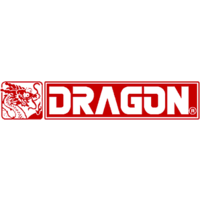
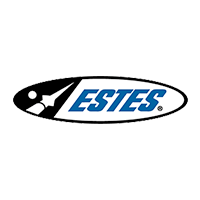

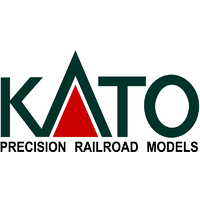
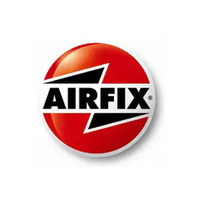

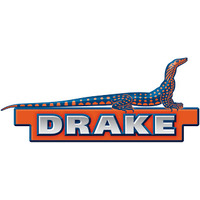

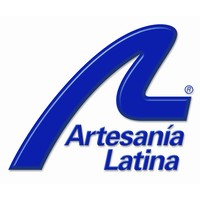


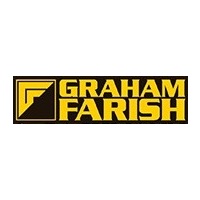
 Flat Rate
Flat Rate














